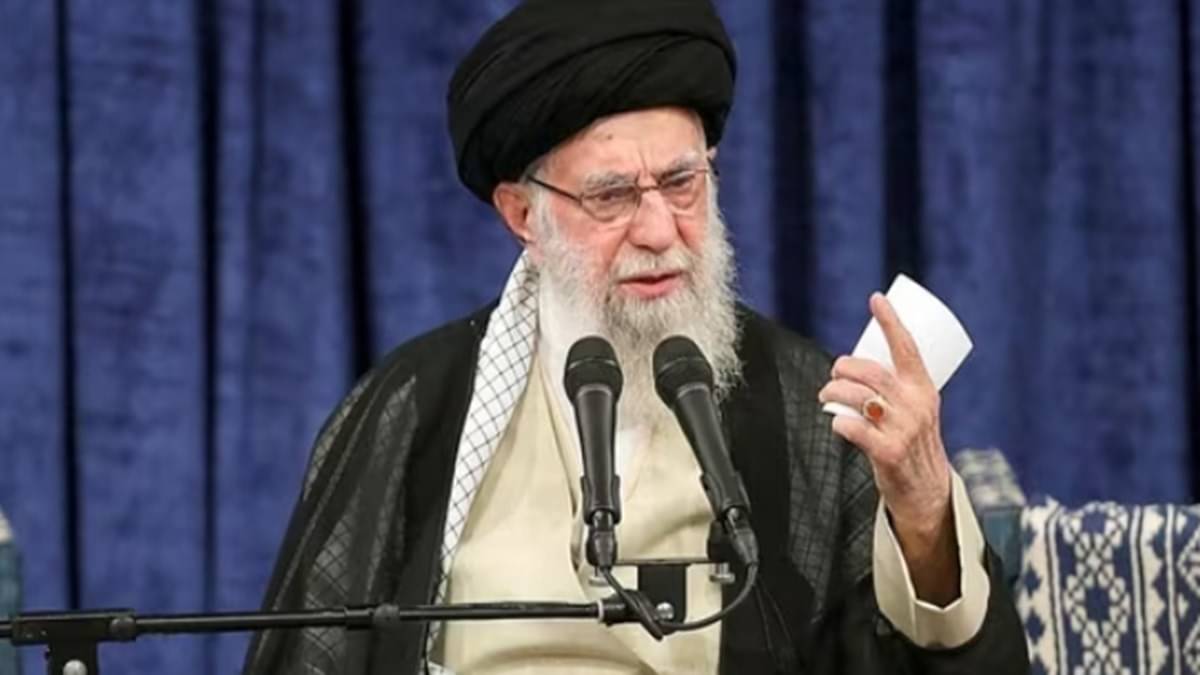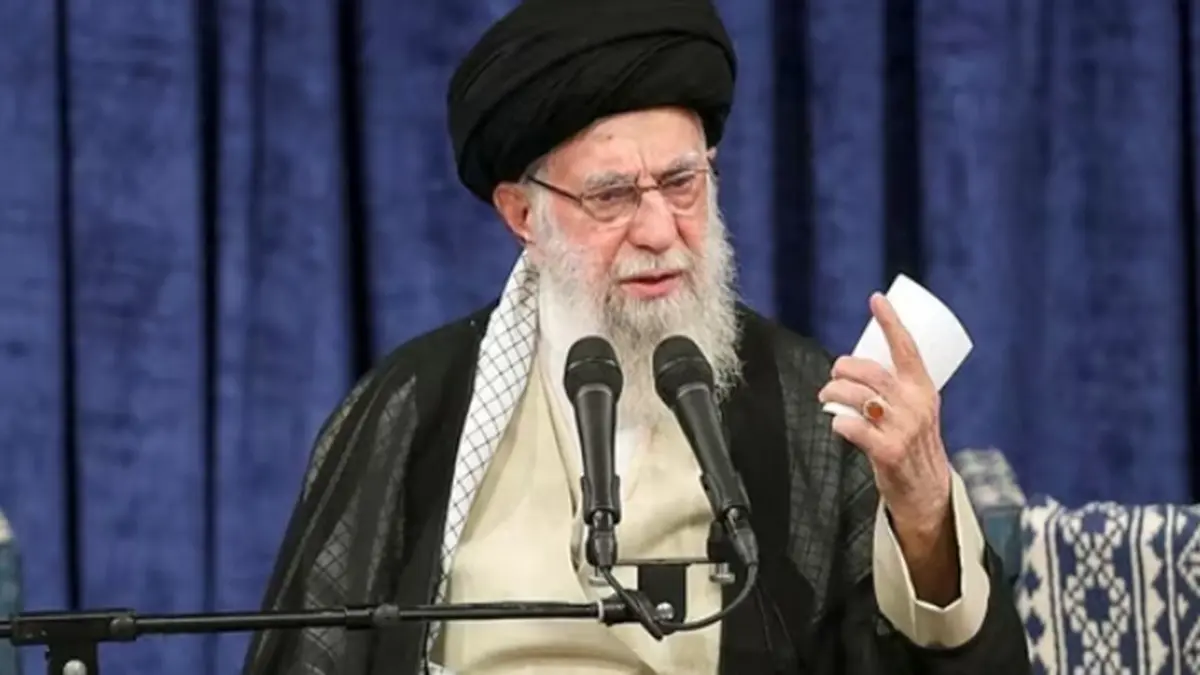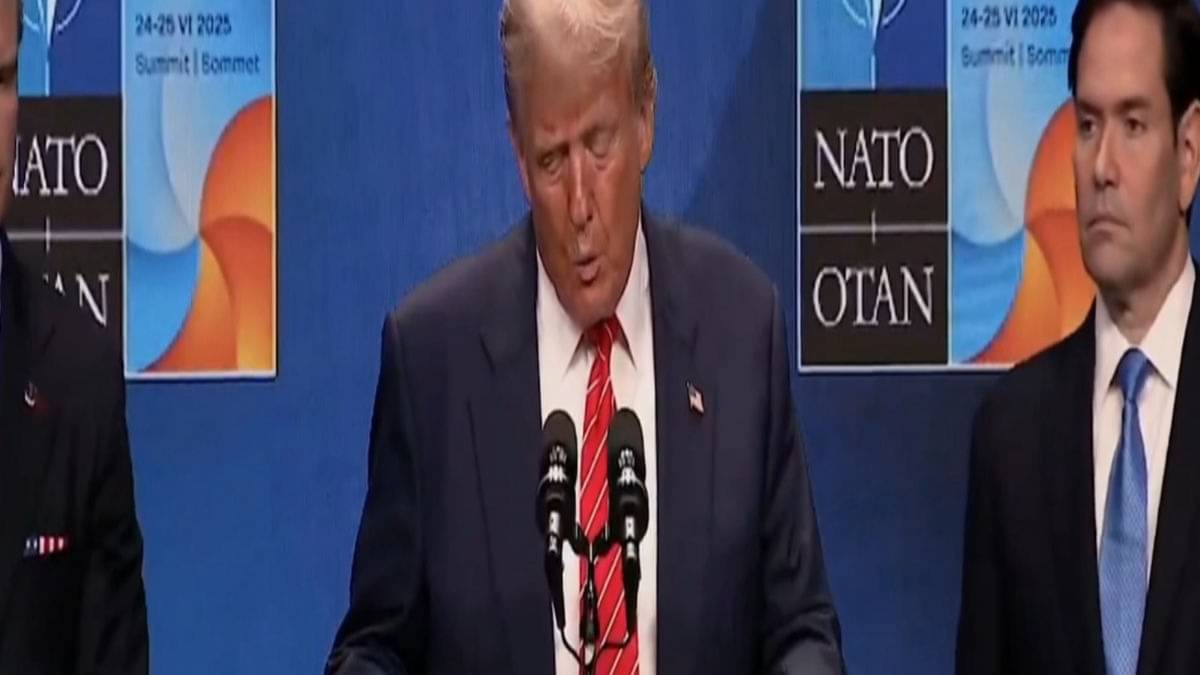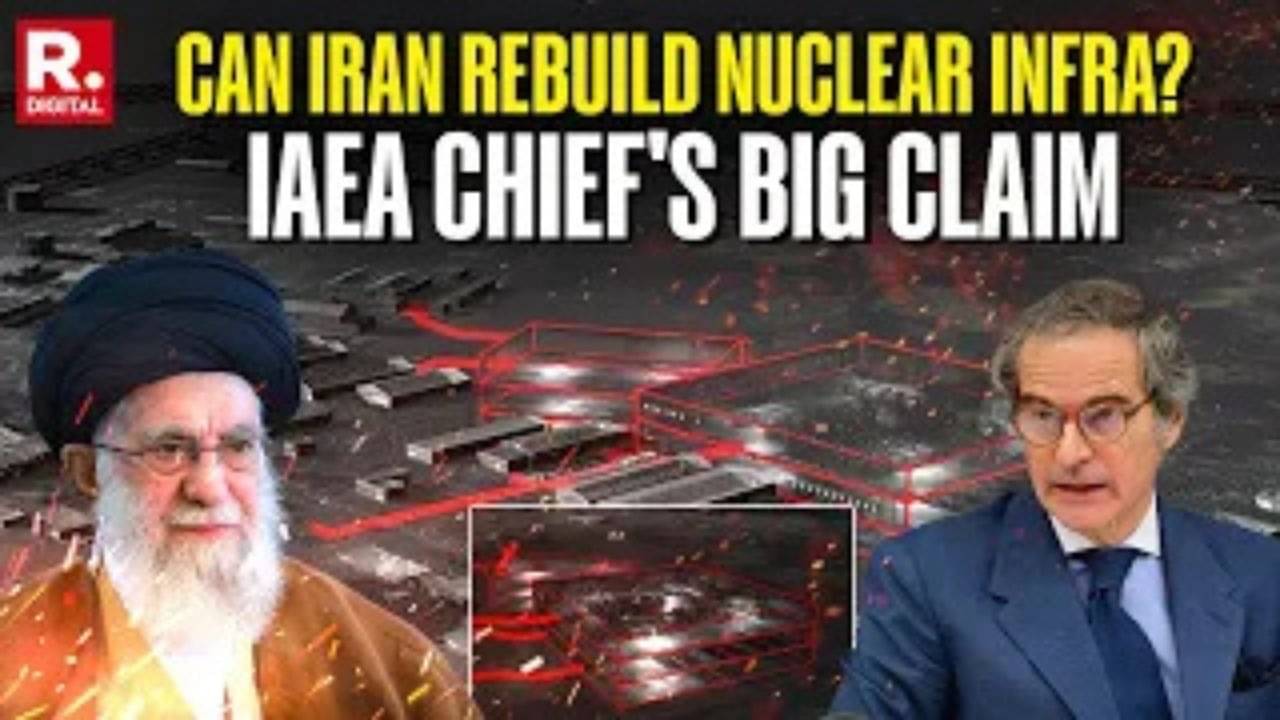Now Reading: Iran’s Guardian Council and Parliament Approve Bill To Suspend Cooperation With IAEA
-
01
Iran’s Guardian Council and Parliament Approve Bill To Suspend Cooperation With IAEA
Iran’s Guardian Council and Parliament Approve Bill To Suspend Cooperation With IAEA


Iran’s Supreme Leader Ayatollah Ali Khamenei | Image:
AP
In a bold move, Iran has taken steps to suspend its cooperation with the United Nations’ nuclear watchdog, the International Atomic Energy Agency (IAEA), following a series of US and Israeli airstrikes on its nuclear facilities. This decision, approved by Iran’s 12 member Guardian Council on June 26, 2025, comes amid heightened tensions and a fragile ceasefire, raising global concerns about the future of Iran’s nuclear program and international diplomacy.
A Response to Military Strikes
On Wednesday, June 25, 2025, Iran’s parliament had voted unanimously to pass a bill suspending all cooperation with the IAEA, a decision finalized by the Guardian Council, the body responsible for approving legislation, the following day. The bill, which awaits final ratification by President Masoud Pezeshkian, is Iran’s direct response to recent attacks on its nuclear sites by Israel and the United States.
Here Is What You Need to Know
The conflict began on June 13, when Israel launched a 12-day bombing campaign targeting Iran’s nuclear and military facilities, resulting in the deaths of key scientists and military commanders. The United States escalated the situation further on June 22, conducting unprecedented strikes on three major Iranian nuclear sites: Fordo, Natanz, and Isfahan. These attacks, which Iran claims targeted peaceful nuclear facilities, have fueled Tehran’s outrage and prompted this drastic legislative move.
Hadi Tahan Nazif, spokesperson for the Guardian Council, explained the decision to the official IRNA news agency, stating, “The government is required to suspend all cooperation with the IAEA to ensure full respect for the national sovereignty and territorial integrity of the Islamic Republic of Iran.” He emphasized that the attacks by “the Zionist regime and the United States against peaceful nuclear facilities” were the driving force behind the bill.
Why Iran Is Angry with the IAEA
Iran’s decision to halt IAEA cooperation stems from its frustration with the agency’s response—or lack thereof—to the recent strikes. Iranian officials have repeatedly criticized the IAEA for failing to condemn the US and Israeli attacks, which they argue violated international law and endangered nuclear safety.
The IAEA, tasked with monitoring nuclear activities worldwide to prevent the development of nuclear weapons, has been a critical player in overseeing Iran’s nuclear program under the 2015 Joint Comprehensive Plan of Action (JCPOA), commonly known as the Iran nuclear deal.
Tensions were further inflamed by a resolution passed by the IAEA’s 35-nation Board of Governors on June 12, 2025, which declared Iran non-compliant with its nuclear non-proliferation obligations. The resolution, backed by the US, UK, France, and Germany, cited Iran’s failure to fully cooperate with IAEA inspections and raised concerns about its stockpile of uranium enriched to 60% purity—close to the 90% needed for a nuclear weapon. Iran denounced the resolution as “political” and claimed it provided a pretext for the subsequent attacks on its facilities.
Parliament Speaker Mohammad Bagher Qalibaf echoed this sentiment in a post on X, stating that cooperation with the IAEA was “not possible” until the security of Iran’s nuclear facilities is guaranteed. He accused the IAEA of becoming a “political tool” and failing to fulfill its duties, particularly in not condemning the strikes.
International Reactions and Concerns
The international community is alarmed by Iran’s decision and the escalating tensions. Russia, a key ally of Iran, has voiced opposition to the suspension of cooperation with IAEA. Russian Foreign Minister Sergei Lavrov emphasized the importance of continued collaboration, stating, “We are interested in continuing cooperation between Iran and the IAEA, so that everybody respects Iran’s repeated statements that Iran does not have and will not have plans to develop a nuclear weapon.”
IAEA has stated that it is aware of these reports, however, it has not received official communication from Iran, as of now.




















